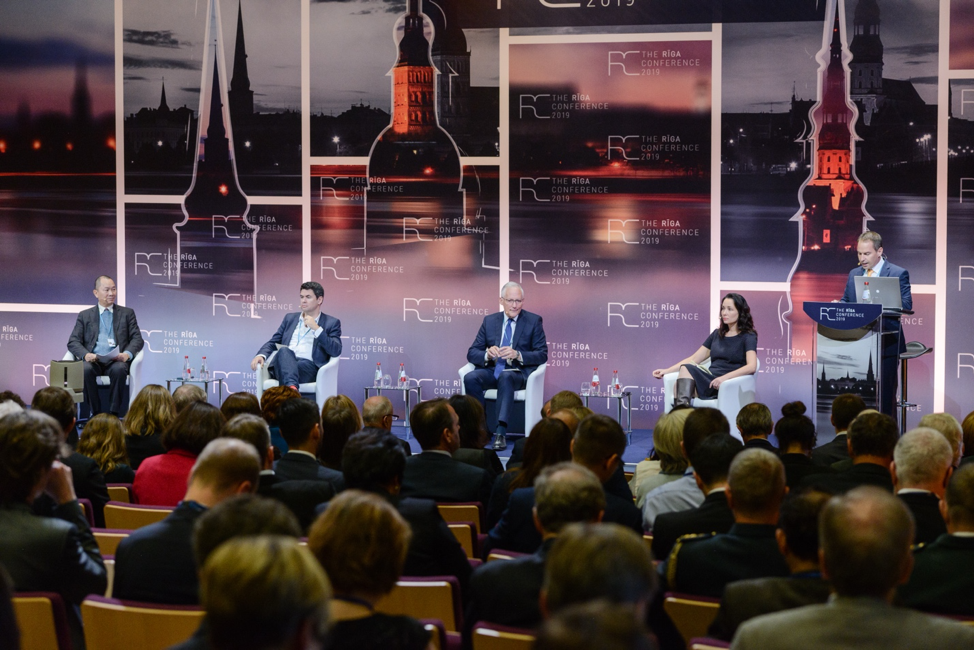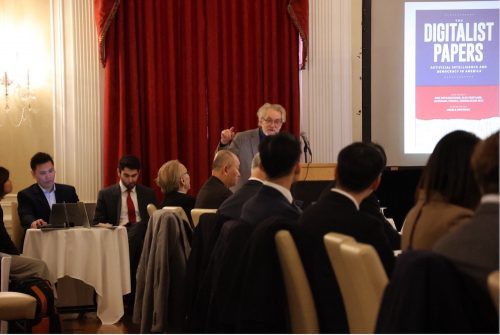In order to make smarter governance decisions, the first step is expanding knowledge about how AI operates. While it is not necessary to be an algorithm expert, it is important to understand that this technology has the potential to bank an extremely large amount of consumer data that, in turn, can trigger various compliance obligations. Organizations using AI for business functions already understand the basics: this machine learning technology utilizes trained algorithms that grow to detect trends and automate a variety of human tasks. However, to improve AI governance, there needs to be a larger focus on the data that AI systems rely upon to make inferences. Where does this information come from? What are the collection and storage protocols? Are the resulting patterns accurate? Most importantly, what is happening with sensitive consumer data? These are all questions to evaluate to minimize the chance that AI usage runs afoul of legal obligations, especially those rooted in privacy. Having a handle on this aspect of AI will also contribute to stronger information governance practices. When an organization better understands the tools it deploys in the regular course of business, there is more insight into what data they collect and store. This will strengthen information governance, bring unknown obligations to the surface, and lessen the risk of noncompliant behavior.
As organizations navigate through the digital age and data boom, governance should be a top concern. When dealing with AI technology, there needs to be a greater level of accountability and transparency. Organizations can look to their general data privacy framework and expand it to consider unique AI challenges. Pay close attention to compliance obligations under privacy laws and determine how AI fits into that. One definite issue to address is that there could be a bunch of private consumer data living on a company server simply because an algorithm made an inference. If this data is accurate, then there is the concern of failing to obtain consumer consent (which violates the GDPR and other new privacy laws). If that data is inaccurate, then according to these laws consumers should be able to challenge the inferences made about them.
The original article was posted here.
The Boston Global Forum (BGF), in collaboration with the United Nations Centennial Initiative, released a major work entitled Remaking the World – Toward an Age of Global Enlightenment. More than twenty distinguished leaders, scholars, analysts, and thinkers put forth unprecedented approaches to the challenges before us. These include President of the European Commission Ursula von der Leyen, Governor Michael Dukakis, Father of Internet Vint Cerf, Former Secretary of Defense Ash Carter, Harvard University Professors Joseph Nye and Thomas Patterson, MIT Professors Nazli Choucri and Alex ‘Sandy’ Pentland, and Vice President of European Parliament Eva Kaili. The BGF introduced core concepts shaping pathbreaking international initiatives, notably, the Social Contract for the AI Age, an AI International Accord, the Global Alliance for Digital Governance, the AI World Society (AIWS) Ecosystem, and AIWS City.











